It is widely believed that the removal of Senior General Min Aung Hlaing from authority is crucial in order to resolve the nation’s unrest and establish peace in Myanmar.
This viewpoint, which was first put forth by China and is now supported by some ASEAN members, urges relevant parties to address the crisis through dialogue and negotiation rather than resorting to violent measures that would exacerbate the damage.
One proposed solution involves providing sanctuary for Min Aung Hlaing and his associates in another country while appointing a new leader with a constructive approach to addressing the country’s challenges. Simultaneously, it entails releasing political detainees, including Aung San Suu Kyi and President U Win Myint, and advancing the peace process.
The viability of this strategy is still uncertain; however, nonetheless, China’s significant engagement in recent conflicts, such as the 1027 Operations. Also, it was not even the National Unity Government-back People’s Defense Forces or Ethnic Armed Organizations that ventured to interfere with China’s economic interests. Likewise, China serves as the military junta’s pillar of support. Therefore, China has the ability to resolve the problem if it so chooses.
However, acceptance of China’s leadership by the United States and Western nations poses a significant obstacle. In this respect, China may attempt to capitalize on ASEAN’s participation.
However, several complexities must be navigated. Firstly, Min Aung Hlaing’s relinquishing of power appears unlikely, given his vested interests. Even if he were to step down, a successor with similar inclinations could emerge. Moreover, dismantling the entrenched military apparatus and fostering political dialogue presents formidable challenges. The resolution is further complicated by the neglect of equality and ethnic rights concerns, which persisted even during the National League for Democracy’s administration.
Secondly, reconciling the military’s stance and the aspirations of ethnic groups for a federal democratic system divergent from the 2008 Constitution poses another hurdle. Willingness to empower ethnic communities in military leadership roles and refrain from contesting elections in ethnic territories necessitates broader consensus.
Lastly, Myanmar’s recovery and development require attention beyond immediate crises, balancing justice and equality against economic interests. China’s involvement must prioritize peace over self-interest to be perceived as a constructive force rather than a destabilizing influence.





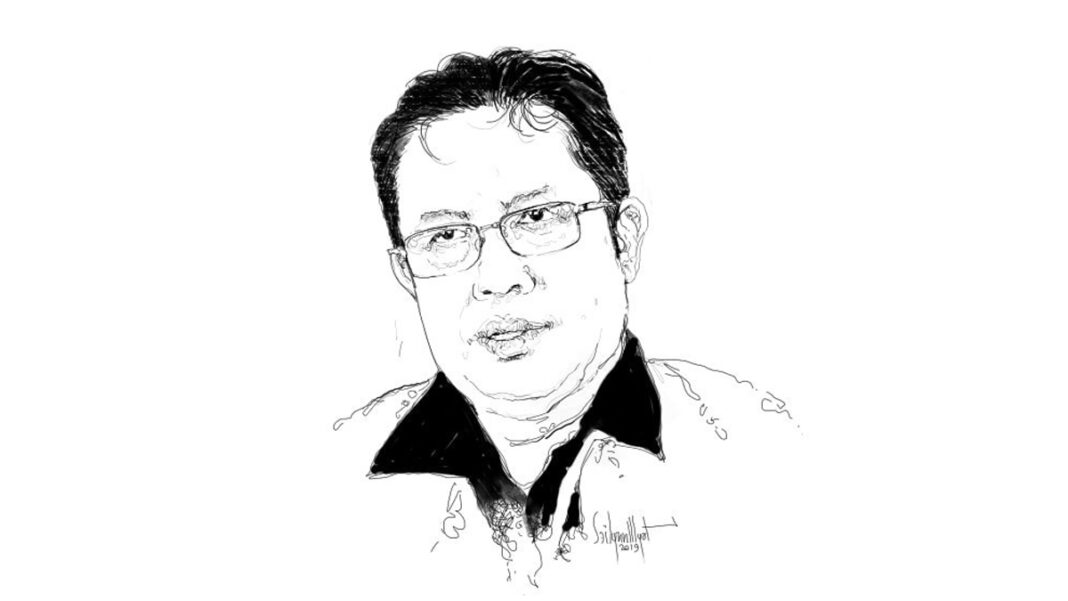
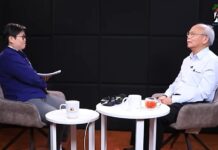
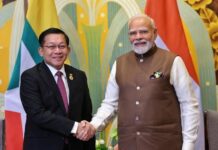
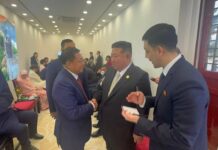
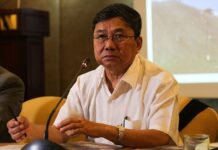
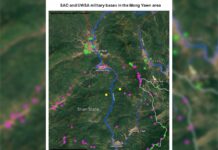






Leave a Comments